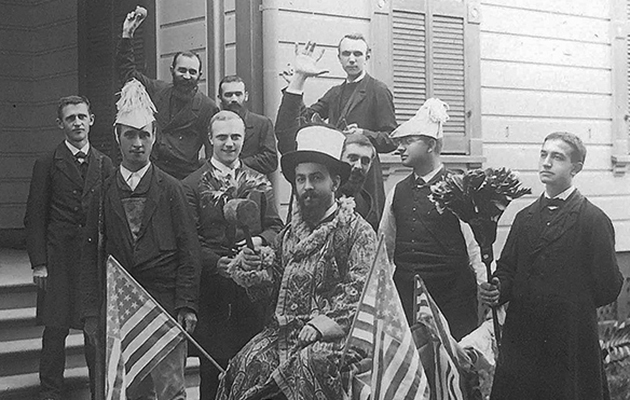
Today we celebrate the patronal feast of the United States,
The Immaculate Conception.Here is part of the Pope's reflection on this feast day:
"The Virgin Mary is not far from this love (of God): all of her life, all of her being is a ‘yes’ to God,”
“Let us look at her, and let us look to her,” encouraged Pope Francis, “in order to be more humble, and even more courageous in following the Word of God, to receive the tender embrace of her son Jesus, an embrace that gives us life, hope, and peace.”
Mary’s ‘yes’ to God “was certainly not easy for her!” he exclaimed. “When the angel called her ‘full of grace’ she remained ‘troubled,’ because in her humility she felt unworthy before God.”
Despite her concerns, “Mary listens, obeying interiorly and responds, ‘Behold the handmaid of the Lord, let it be done to me according to your word’.”
This witness serves as an example for every Christian. “With great joy the Church contemplates Mary as ‘full of grace’,” Pope Francis explained. He encouraged the crowds to repeat with him, “full of grace!”
Mary was chosen by God to be the mother of Jesus, but “we too… are chosen by God to live a life of holiness, free from sin. It is a project of love that God renews every time we come close to him, especially in the sacraments,” the Pope said.
“Mary sustains us in our journey towards Christmas, because she teaches us to live this time of Advent in waiting for the Lord.”
Pope Francis recalled Mary’s humble origins.
“The Gospel of Luke presents us with a young girl from Nazareth, a little place in Galilee, on the periphery of the Roman Empire and also on the periphery of Israel. Yet upon her was the gaze of the Lord, who chose her to be the mother of His Son.”
“The mystery of this young girl from Nazareth, which is in the heart of God, is not irrelevant to us,” reflected the pontiff. “In fact, God places his gaze of love on every man and every woman.”
O Mary help us to believe with greater trust.
O immaculate Virgin give us the same courage to be alert to the call of Christ.
Encourage us to be alert, not to give into the temptation.
O Loving Mother may we have the courage to be "watchmen of the dawn", and give this virtue to all Christians so that we may be the heart of the world in this difficult period of history.
Virgin Immaculate, Mother of God and our Mother, pray for us!









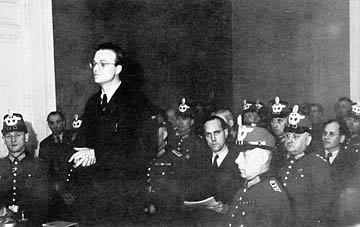
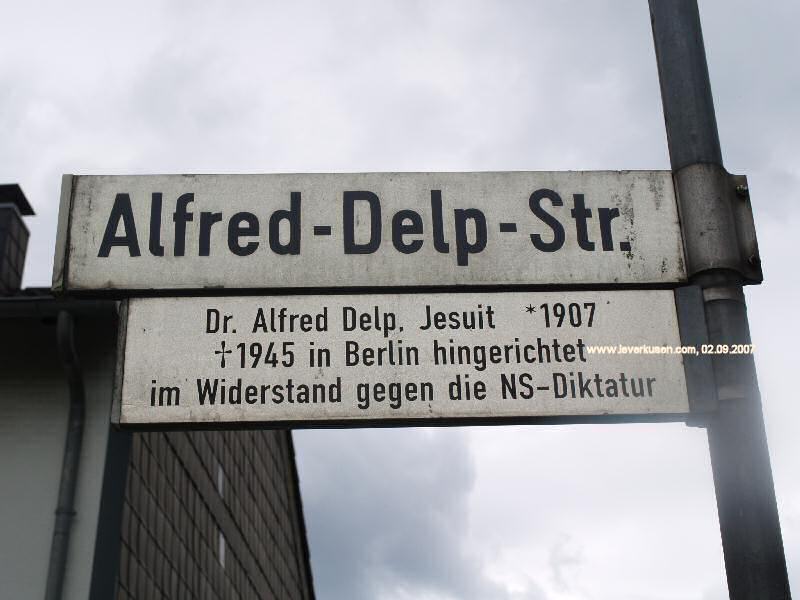








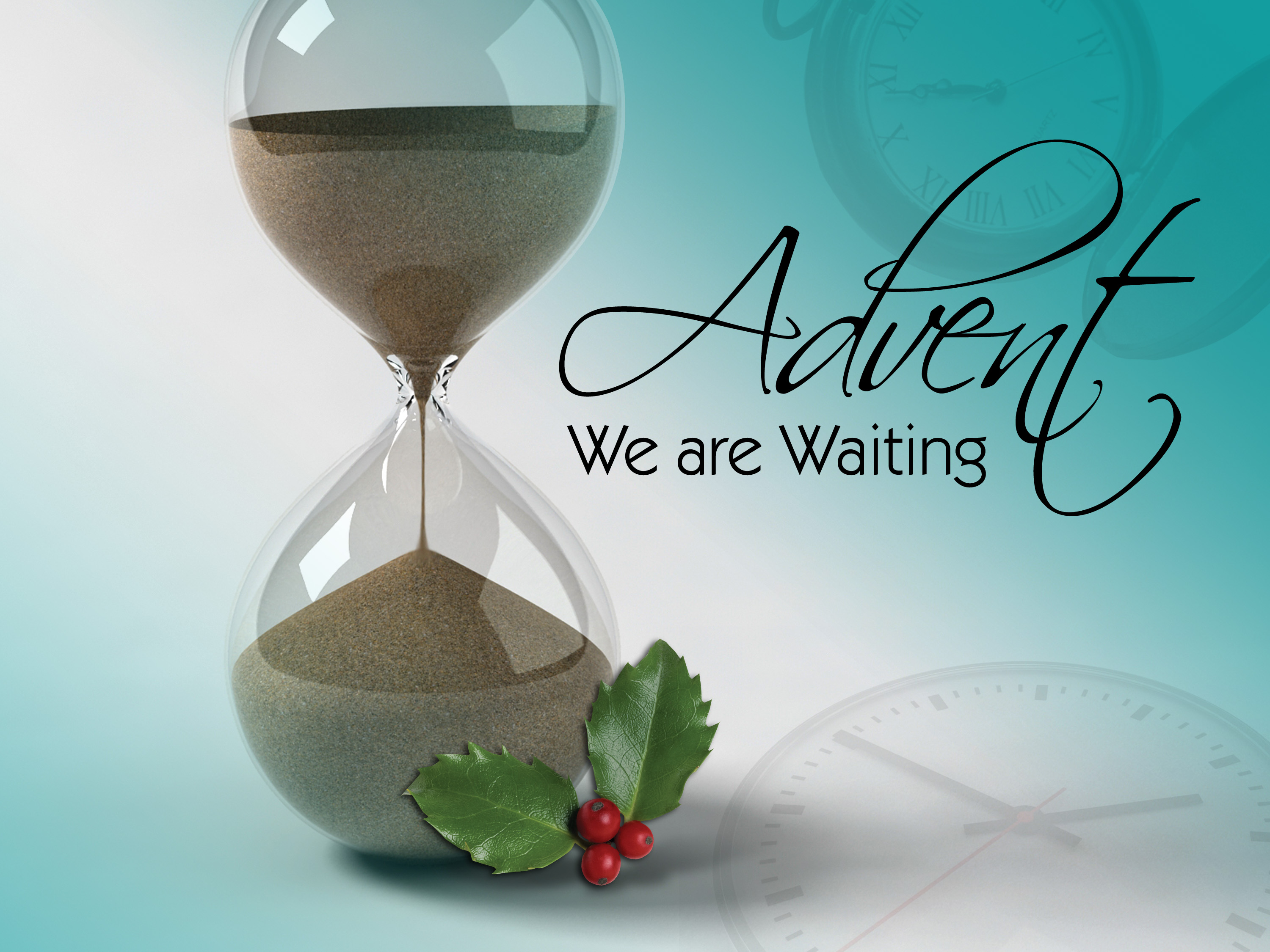 "Be patient," says St. James.
"Be patient," says St. James.




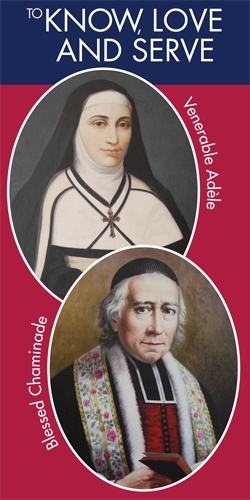
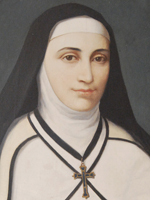
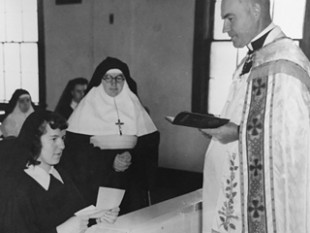



 Friends, today in the Gospel Jesus describes the world’s violent resistance to the establishment of God’s kingdom. From the earliest days until the present, the community of Jesus Christ has been the focus of the world’s violence. There is the old principle: “Kill the messenger,” and it applies here. The Church will announce, until the end of time, that the old world is passing away, that a new world of love, non-violence, and life is emerging. This announcement always infuriates the world of sin—always.
Friends, today in the Gospel Jesus describes the world’s violent resistance to the establishment of God’s kingdom. From the earliest days until the present, the community of Jesus Christ has been the focus of the world’s violence. There is the old principle: “Kill the messenger,” and it applies here. The Church will announce, until the end of time, that the old world is passing away, that a new world of love, non-violence, and life is emerging. This announcement always infuriates the world of sin—always.
